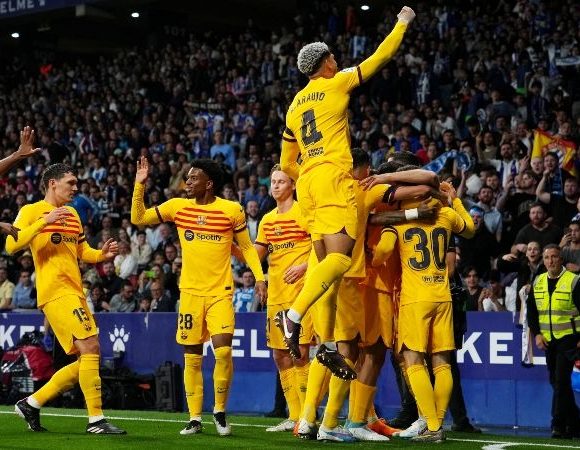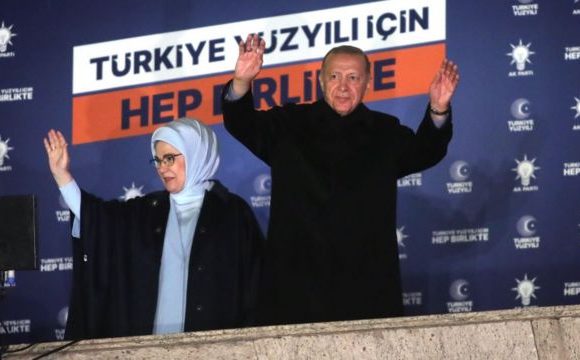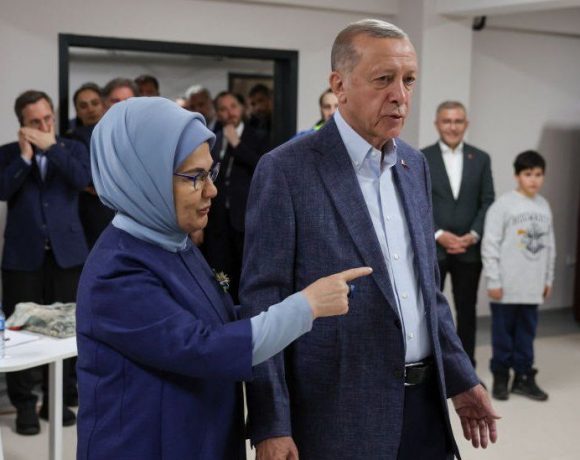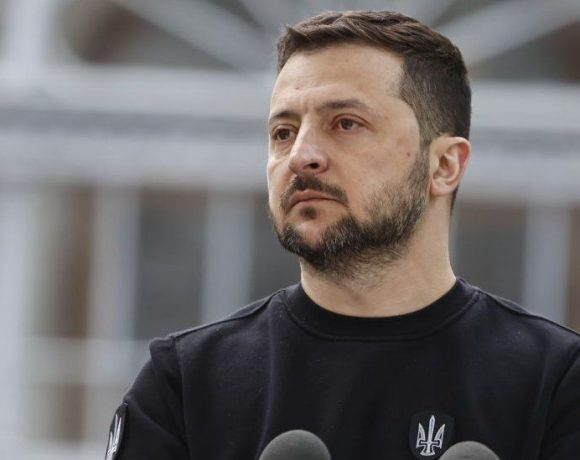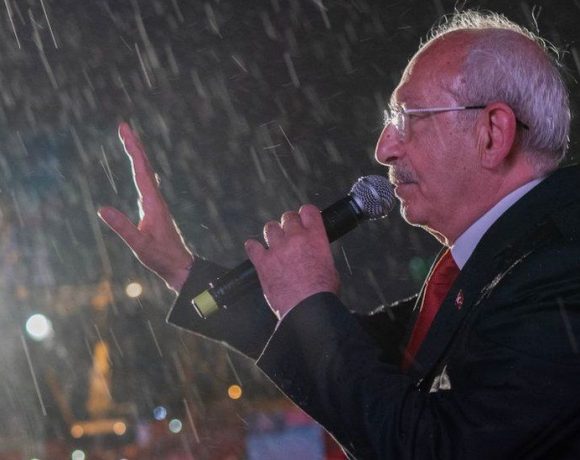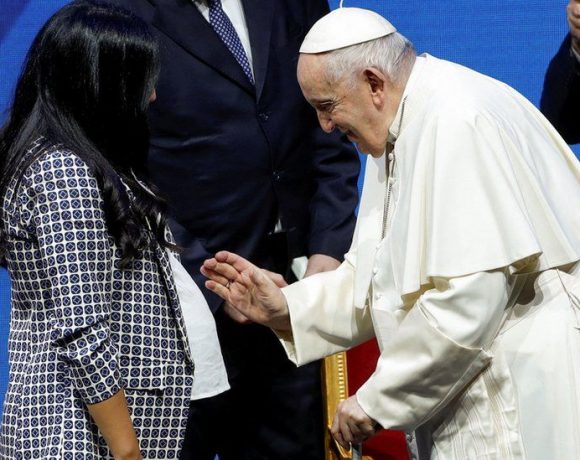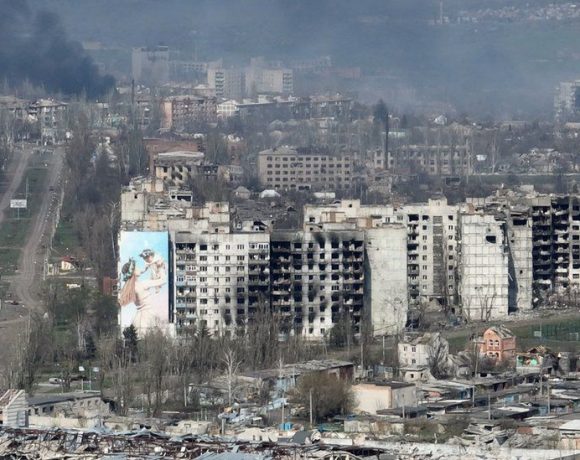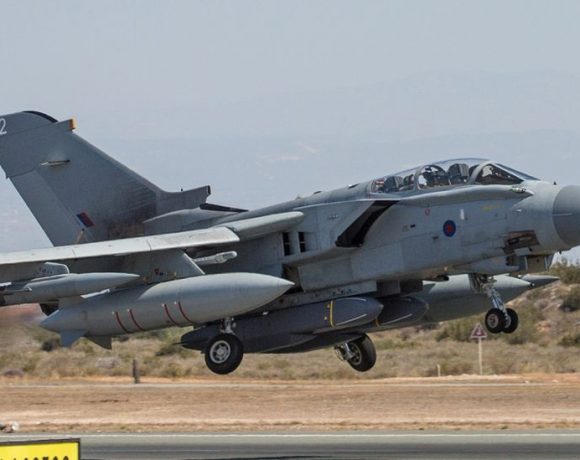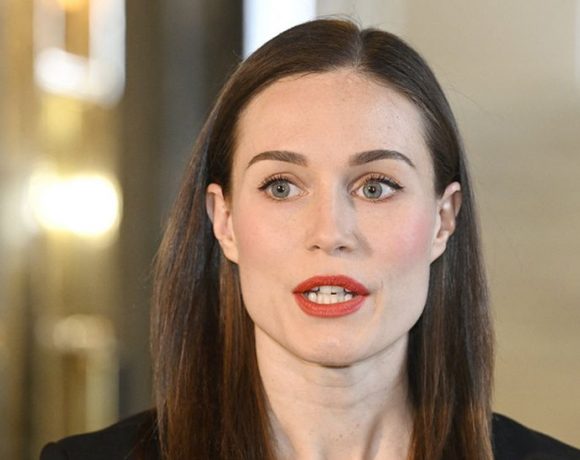The battle for the presidency in Turkey is likely to go to a run-off, with both candidates confident of victory. After being in power for 20 years, Recep Tayyip Erdogan expressed his belief in winning another five-year term, while his opponent Kemal Kilicdaroglu seemed to have a favorable chance of winning. However, preliminary results from the first round showed Erdogan leading with 49.4% of the votes, compared to Kilicdaroglu’s 45%. Erdogan’s alliance of parties also secured a majority in parliament, providing an additional advantage in the presidential run-off.
The opposition parties in Turkey had joined forces to end Erdogan’s extended power, and the outcome of the election is closely watched by Western countries. Kilicdaroglu pledged to revive Turkish democracy and strengthen relations with NATO allies, while Erdogan’s government, with an Islamist-rooted background, accused the West of conspiring against him.
Following the announcement of the preliminary results, Kilicdaroglu remained optimistic, stating that he would win in the second round if the nation demanded it. However, there were concerns that the government was trying to obstruct the will of the people through challenges in opposition strongholds. Rising stars within Kilicdaroglu’s party reminded voters that Erdogan’s party had employed similar strategies in the past. The opposition highlighted the efforts of their volunteers in safeguarding the ballots to ensure a fair process.
Although Kilicdaroglu, who has lost several previous elections, struck a chord with his message of curbing the president’s excessive powers, Erdogan seems to have the upper hand despite the challenging circumstances. Turkey has been grappling with a cost-of-living crisis, with 44% inflation, exacerbated by Erdogan’s unorthodox economic policies. The government also faced criticism for its slow response to the earthquakes in February, which claimed many lives.
Overnight results indicated that Erdogan’s support in areas affected by the earthquakes only slightly decreased, with his backing remaining above 60% in most of the eight cities. Erdogan, speaking to his supporters, declared that he was far ahead, despite the final results not yet being available. The outcome defied pollsters’ predictions, who had suggested that Kilicdaroglu held an advantage and could potentially win without a run-off.
Unconfirmed results quoted by the state news agency Anadolu suggested that Erdogan’s AK Party, in alliance with the nationalist MHP, was heading for a parliamentary majority, with 316 seats out of 600. This result showcases the deep polarization within Turkish society, a century after the founding of the modern Turkish republic by Kemal Ataturk.
As the expected run-off approaches, it remains uncertain how close the race will be. Speculation has already emerged regarding the 5% of votes received by the third candidate, ultranationalist Sinan Ogan. Both Erdogan and Kilicdaroglu will likely seek Ogan’s endorsement, but it is unclear if his supporters will follow suit.
Picture Courtesy: Google/images are subject to copyright
